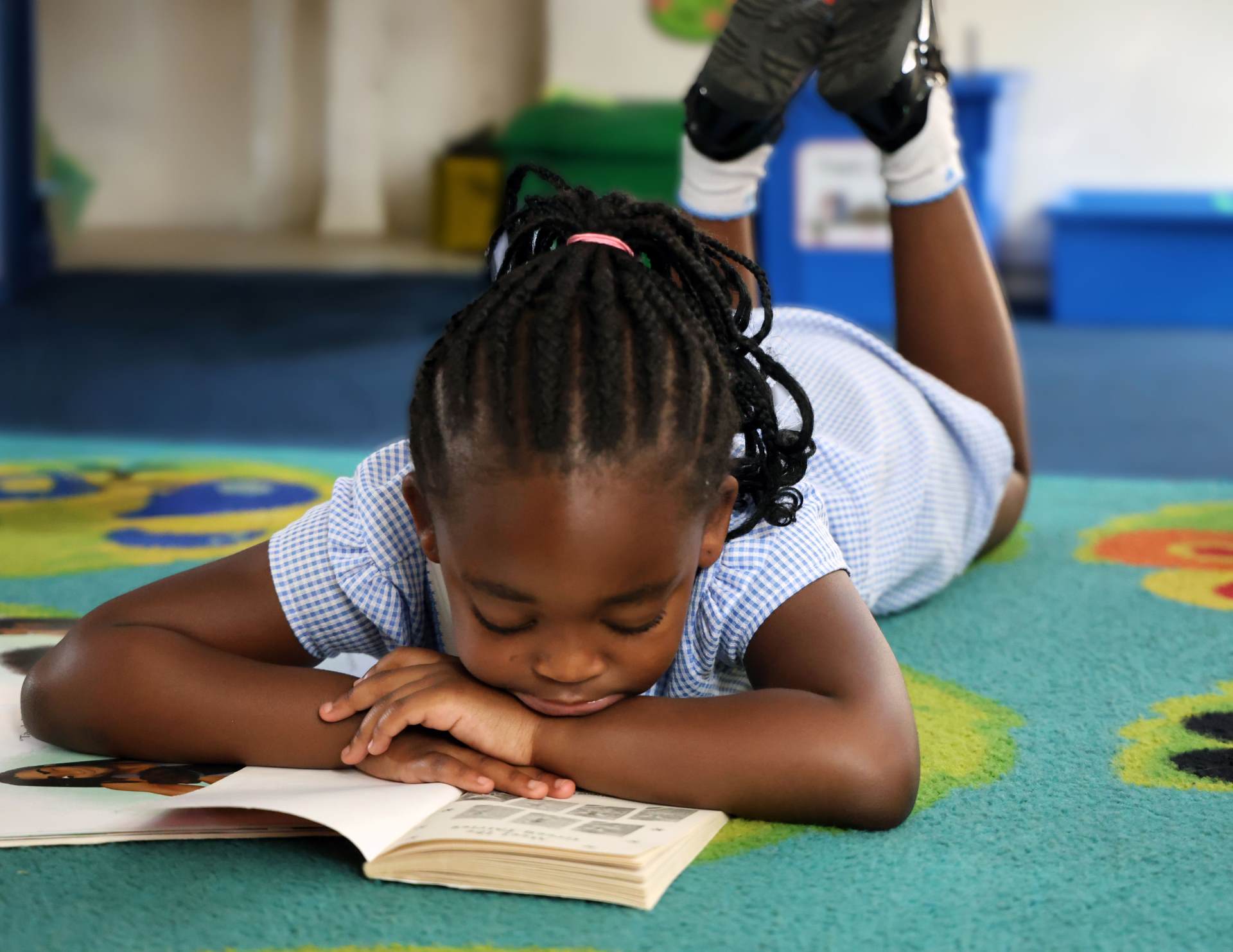EngliSH
"You can find magic wherever you look. Sit back and relax, all you need is a book."
Dr Seuss

Why do we teach English?
English sits at the heart of the primary curriculum and at St Michael's we value our children's right to be literate and to enjoy literature. We teach the children to speak and write fluently so that they can communicate their ideas and emotions to others and be able to listen and respond when others communicate with them. Reading in particular, helps children to develop culturally, emotionally, intellectually, socially and spiritually. Reading not only enables pupils to acquire knowledge but develops knowledge, as it helps the children to build on what they already know.
All the skills of language are essential to fully participate as a member of society and therefore we aim to equip our pupils with a strong command of the spoken and written word, as well as develop their love of literature through widespread reading for enjoyment.
What do we teach?
Phonics
We follow a structured and systematic approach to teaching phonics. In Early Years and Key Stage 1, phonics lessons are planned and taught by using the Little Wandle Letters and Sounds Programme, accredited by the DfE.
Spelling
We follow a structured spelling scheme in Key Stage 2. A spelling rule is introduced at the beginning of each week. The children practise their spellings for the week by writing these words in the daily handwriting sessions, using the 'Quiz, Quiz, Trade' strategy, and revising at home. At the end of the week, the learning is assessed by a spelling test and dictation.
Punctuation, grammar and handwriting:
A consistently high standard of joined up handwriting and neat presentation are promoted across the whole school, which all children and staff recognise, understand and follow. In Reception, letter formations are taught alongside phonics and once the children have learned their letter formation and sounds, joined up handwriting is encouraged. From Year 1 onwards, all classes begin the day with handwriting practice. Grammar and punctuation learning opportunities are weaved into the literacy lessons, but also taught discreetly at times.
Writing
Writing is taught through both the 'Talk for Writing' (T4W) approach and core text schemes from the CLPE (Centre for Literacy in Primary Education). T4W gives the children the opportunity to learn quality texts off by heart so that they can internalise and embed rich language, sentence structures and vocabulary and build upon these skills every year. This approach also helps the children to learn key story plot patterns, which makes it easier for them to generate their own stories because they know where the story is going. As a result of this approach, the children can focus on their vocabulary choices, structuring their sentences, punctuation and making sure they include essential grammar elements so that their writing makes sense. A range of fiction and non-fiction genres are taught, as well as poetry, to ensure children are aware of the features of different text types. Once children have imitated a quality text, they move to the independent application - planning and producing their own writing.
CLPE allows the children to learn through core texts. These books are carefully chosen by a team of teaching experts to ensure children experience a range of quality children's books as part of whole class teaching. Having a variety of books supports the development of sophisticated reading skills, enabling children to develop deeper levels of comprehension and to learn about narrative structure and character development in an accessible way, shaping children's knowledge about how to craft writing using text and illustration.
Alan Peat's 'exciting sentences' are taught as a writing strategy in our aim to meet the expectations set out in the national curriculum. This approach equips the children with a bank of varied sentences, as well as punctuation used in context.
Reading
To develop their reading skills in Early Years, a structured phonics approach is embedded and every child receives 1:1 reading opportunities. In Year 1 and Year 2, daily guided reading sessions are held, with a focus on word reading and comprehension. We implement a whole class reading approach in the Spring Term in Year 2, with similar features as in Key Stage 2. From Year 3 upwards, reading is taught using a whole class teaching approach. In dedicated reading slots, the teachers use a range of strategies to aid comprehension and encourage reading with meaning. The sessions incorporate whole class modelling prior to the children applying these skills through partner and independent work. The children are frequently reminded that to be a good reader, they should read each day. Therefore, in addition to the dedicated teaching of reading, opportunities for 'reading for pleasure' are built into the timetable and children are always encouraged to read at home.
Our expectations (Impact)
Click here to see the checklists we are using in Reading and Writing to track how well children are doing against age-related expectations:
 St Michael's C
of E Primary School
St Michael's C
of E Primary School